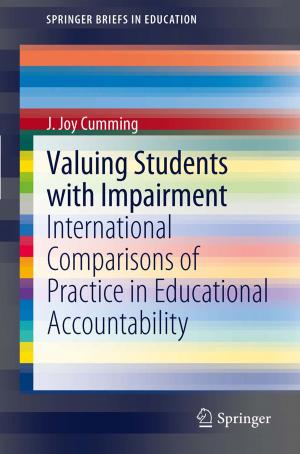Handbook of Arabic Literacy
Insights and Perspectives
Nonfiction, Reference & Language, Foreign Languages, Arabic, Education & Teaching, Teaching, Teaching Methods, Language Arts| Author: | ISBN: | 9789401785457 | |
| Publisher: | Springer Netherlands | Publication: | April 3, 2014 |
| Imprint: | Springer | Language: | English |
| Author: | |
| ISBN: | 9789401785457 |
| Publisher: | Springer Netherlands |
| Publication: | April 3, 2014 |
| Imprint: | Springer |
| Language: | English |
This book provides a synopsis of recently published empirical research into the acquisition of reading and writing in Arabic. Its particular focus is on the interplay between the linguistic and orthographic structure of Arabic and the development of reading and writing/spelling. In addition, the book addresses the socio-cultural, political and educational milieu in which Arabic literacy is embedded. It enables readers to appreciate both the implications of empirical research to literacy enhancement and the challenges and limitations to the applicability of such insights in the Arabic language and literacy context. The book will advance the understanding of the full context of literacy acquisition in Arabic with the very many factors (religious, historical, linguistic etc.) that interact and will hence contribute to weakening the anglocentricity that dominates discussions of this topic.
This book provides a synopsis of recently published empirical research into the acquisition of reading and writing in Arabic. Its particular focus is on the interplay between the linguistic and orthographic structure of Arabic and the development of reading and writing/spelling. In addition, the book addresses the socio-cultural, political and educational milieu in which Arabic literacy is embedded. It enables readers to appreciate both the implications of empirical research to literacy enhancement and the challenges and limitations to the applicability of such insights in the Arabic language and literacy context. The book will advance the understanding of the full context of literacy acquisition in Arabic with the very many factors (religious, historical, linguistic etc.) that interact and will hence contribute to weakening the anglocentricity that dominates discussions of this topic.















